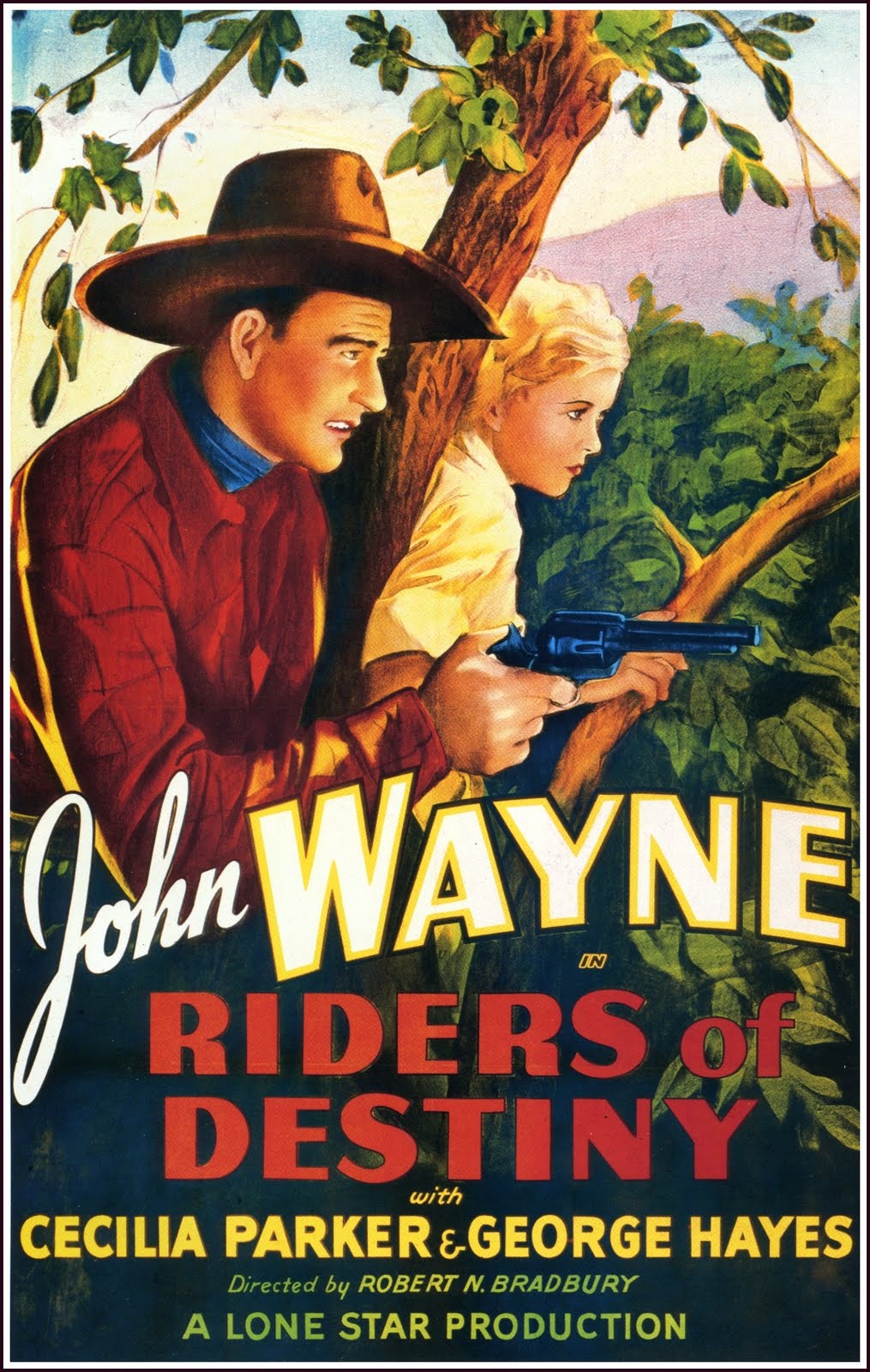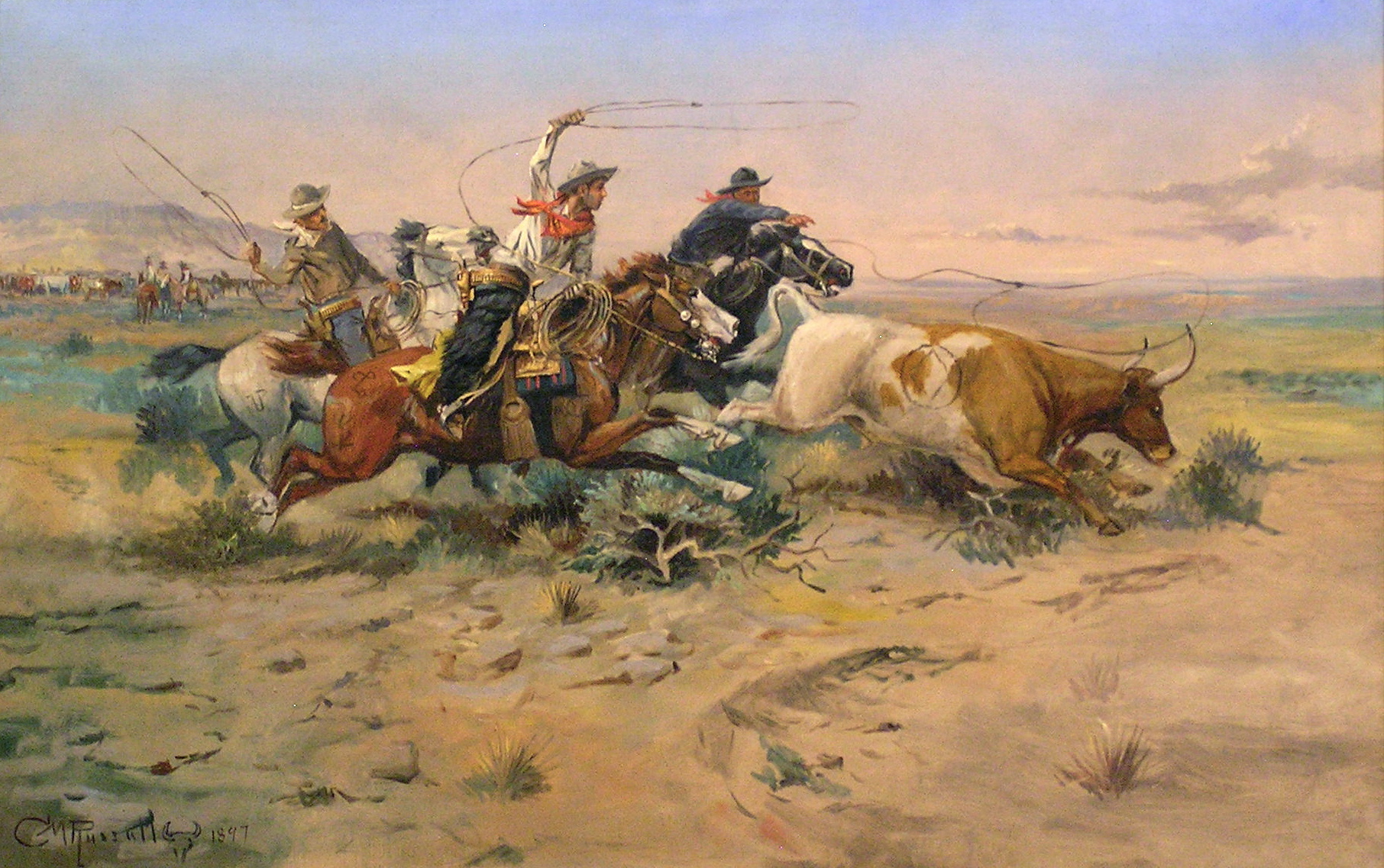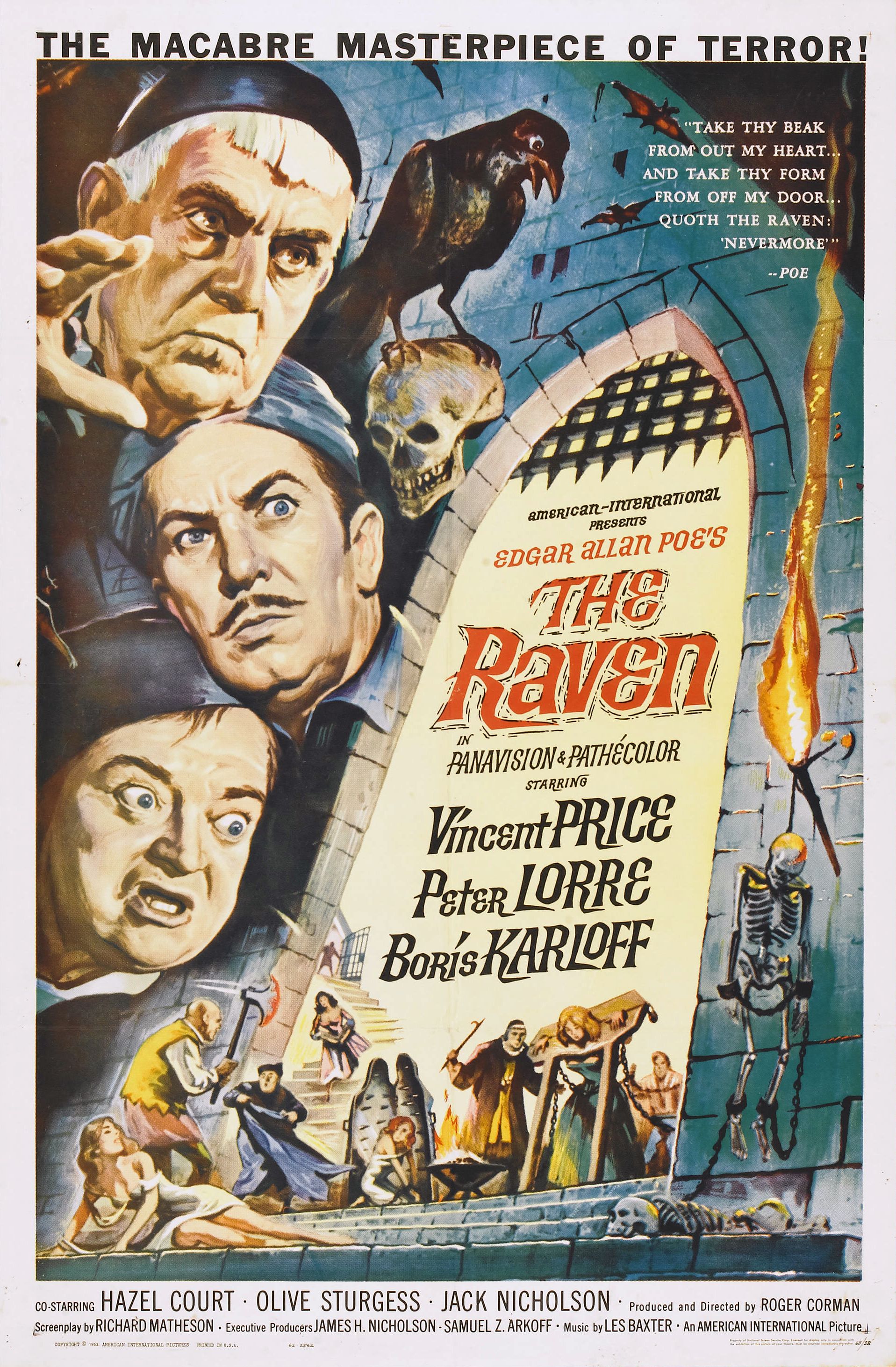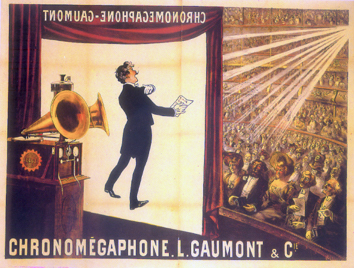|
Singing Cowboy
A singing cowboy was a subtype of the archetypal cowboy hero of early Western films. It references real-world campfire side ballads in the American frontier, the original cowboys sang of life on the trail with all the challenges, hardships, and dangers encountered while pushing cattle for miles up the trails and across the prairies. This continues with modern vaquero traditions and within the genre of Western music, and its related New Mexico, Red Dirt, Tejano, and Texas country music styles. A number of songs have been written and made famous by groups like the Sons of the Pioneers and Riders in the Sky and individual performers such as Gene Autry, Roy Rogers, Tex Ritter, Bob Baker and other "singing cowboys". Singing in the wrangler style, these entertainers have served to preserve the cowboy as a unique American hero. History The image of the singing cowboy was established in 1925 when Carl T. Sprague of Texas recorded the cowboy song, "When the Work's All Done This ... [...More Info...] [...Related Items...] OR: [Wikipedia] [Google] [Baidu] |
Cowboy
A cowboy is an animal herder who tends cattle on ranches in North America, traditionally on horseback, and often performs a multitude of other ranch-related tasks. The historic American cowboy of the late 19th century arose from the ''vaquero'' traditions of northern Mexico and became a figure of special significance and legend.Malone, J., p. 1. A subtype, called a wrangler, specifically tends the horses used to work cattle. In addition to ranch work, some cowboys work for or participate in rodeos. Cowgirls, first defined as such in the late 19th century, had a less-well documented historical role, but in the modern world work at identical tasks and have obtained considerable respect for their achievements. Cattle handlers in many other parts of the world, particularly South America and Australia, perform work similar to the cowboy. The cowboy has deep historic roots tracing back to Spain and the earliest European settlers of the Americas. Over the centuries, difference ... [...More Info...] [...Related Items...] OR: [Wikipedia] [Google] [Baidu] |
Wrangler (profession)
In North America, a wrangler is someone employed to professionally handle animals, especially horses and cattle, but sometimes other types of animals as well. The word "wrangler" is derived from the Low German "wrangeln" meaning "to dispute" or "to wrestle". It was first documented in 1377. Its use as a noun was first recorded in 1547. Its reference to a "person in charge of horses or cattle" or " herder" was first recorded in 1888. A wrangler is an individual involved in the process of taming, controlling and handling various animals, specifically horses. Traditionally this process involves herding cattle and bringing horses in from the paddock. Wranglers often work for other cowboys or tourists who want to ride on North American ranches. Variations of wrangling include managing herds, dude-wrangling, rodeo and managing horses as a part of stunt work in the film industry. Wranglers are also considered a subcategory of cowboys, being responsible for herding horses rather than ca ... [...More Info...] [...Related Items...] OR: [Wikipedia] [Google] [Baidu] |
B-movie
A B movie or B film is a low-budget commercial motion picture. In its original usage, during the Golden Age of Hollywood, the term more precisely identified films intended for distribution as the less-publicized bottom half of a double feature (akin to B-sides for recorded music). However, the U.S. production of films intended as second features largely ceased by the end of the 1950s. With the emergence of commercial television at that time, film studio B movie production departments changed into television film production divisions. They created much of the same type of content in low budget films and series. The term ''B movie'' continues to be used in its broader sense to this day. In its post-Golden Age usage, B movies can range from lurid exploitation films to independent arthouse films. In either usage, most B movies represent a particular genre—the Western was a Golden Age B movie staple, while low-budget science-fiction and horror films became more popular in the 19 ... [...More Info...] [...Related Items...] OR: [Wikipedia] [Google] [Baidu] |
Folk Music
Folk music is a music genre that includes traditional folk music and the contemporary genre that evolved from the former during the 20th-century folk revival. Some types of folk music may be called world music. Traditional folk music has been defined in several ways: as music transmitted orally, music with unknown composers, music that is played on traditional instruments, music about cultural or national identity, music that changes between generations (folk process), music associated with a people's folklore, or music performed by custom over a long period of time. It has been contrasted with commercial and classical styles. The term originated in the 19th century, but folk music extends beyond that. Starting in the mid-20th century, a new form of popular folk music evolved from traditional folk music. This process and period is called the (second) folk revival and reached a zenith in the 1960s. This form of music is sometimes called contemporary folk music or folk ... [...More Info...] [...Related Items...] OR: [Wikipedia] [Google] [Baidu] |
Country Music
Country (also called country and western) is a genre of popular music that originated in the Southern and Southwestern United States in the early 1920s. It primarily derives from blues, church music such as Southern gospel and spirituals, old-time, and American folk music forms including Appalachian, Cajun, Creole, and the cowboy Western music styles of Hawaiian, New Mexico, Red Dirt, Tejano, and Texas country. Country music often consists of ballads and honky-tonk dance tunes with generally simple form, folk lyrics, and harmonies often accompanied by string instruments such as electric and acoustic guitars, steel guitars (such as pedal steels and dobros), banjos, and fiddles as well as harmonicas. Blues modes have been used extensively throughout its recorded history. The term ''country music'' gained popularity in the 1940s in preference to ''hillbilly music'', with "country music" being used today to describe many styles and subgenres. It came to encompas ... [...More Info...] [...Related Items...] OR: [Wikipedia] [Google] [Baidu] |
Sound Films
A sound film is a motion picture with synchronized sound, or sound technologically coupled to image, as opposed to a silent film. The first known public exhibition of projected sound films took place in Paris in 1900, but decades passed before sound motion pictures became commercially practical. Reliable synchronization was difficult to achieve with the early sound-on-disc systems, and amplification and recording quality were also inadequate. Innovations in sound-on-film led to the first commercial screening of short motion pictures using the technology, which took place in 1923. The primary steps in the commercialization of sound cinema were taken in the mid-to-late 1920s. At first, the sound films which included synchronized dialogue, known as "talking pictures", or "talkies", were exclusively shorts. The earliest feature-length movies with recorded sound included only music and effects. The first feature film originally presented as a talkie (although it had only limit ... [...More Info...] [...Related Items...] OR: [Wikipedia] [Google] [Baidu] |
Standard (music)
In music, a standard is a musical composition of established popularity, considered part of the "standard repertoire" of one or several genres. Even though the standard repertoire of a given genre consists of a dynamic and partly subjective set of songs, these can be identified by having been performed or recorded by a variety of musical acts, often with different arrangements. In addition, standards are extensively quoted by other works and commonly serve as the basis for musical improvisation. Standards may " cross over" from one genre's repertoire to another's; for example, many jazz standards have entered the pop repertoire, and many blues standards have entered the rock repertoire. Standards exist in the classical, popular and folk music traditions of all cultures. In the context of Western classical music, the standard repertoire constitutes most of what is considered the "teaching canon", i.e. the compositions that students learn in their academic training. The standa ... [...More Info...] [...Related Items...] OR: [Wikipedia] [Google] [Baidu] |
Tex Owens
Tex Owens (June 15, 1892 – September 9, 1962) was an American country music singer and songwriter, best remembered today for writing the Eddy Arnold hit Cattle Call. The youngest of thirteen children, he was born Doie Hensley Owens in Killeen, Texas into a large and musically talented family. His brother was a singer and songwriter and his sister became a well-known Grand Ole Opry performer as Texas Ruby. Life and career In his early teens Owens spent a year with a traveling tent show as a blackface singer. By his late teens he left music and found work in the Texas oilfields, and in Missouri, Kansas, and Colorado as a farmhand and mechanic. For a time, he was a lawman in Bridgeport, Oklahoma. He was brought back to music in Lamar, Colorado, while he was hospitalized for an appendectomy. A group of children (five of whom had frozen to death before being rescued) who had been stranded in a blizzard were brought into the hospital, and he entertained them by singing songs. Thei ... [...More Info...] [...Related Items...] OR: [Wikipedia] [Google] [Baidu] |
Wilf Carter (musician)
Wilfred Arthur Charles Carter (December 18, 1904 – December 5, 1996), professionally known as Wilf Carter in his native Canada and also as Montana Slim in the United States, was a Canadian Country and Western singer, songwriter, guitarist, and yodeller. He wrote over 500 songs. In 1971, Wilf Carter was inducted into the Nashville Songwriters Hall of Fame. Widely acknowledged as the father of Canadian country music, Carter was Canada's first country music star, inspiring a generation of young Canadian performers. Early years Carter was born in Port Hilford, Nova Scotia, Canada. One of nine children, he began working odd jobs by the age of eight in Canning, Nova Scotia. He began singing after seeing a traveling Swiss performer named "The Yodelling Fool" in Canning. Carter left home at the age of 15 after a falling out with his father, who was a Baptist minister. In 1923, at age 18, after working as a lumberjack and singing with hobos in boxcars, Carter moved west to Cal ... [...More Info...] [...Related Items...] OR: [Wikipedia] [Google] [Baidu] |
Harry McClintock
Harry Kirby McClintock (October 8, 1882 – April 24, 1957), also known as "Haywire Mac", was an American railroad man, radio personality, actor, singer, songwriter, and poet, best known for his song " Big Rock Candy Mountain". Life Harry McClintock was born on October 8, 1882, in Uhrichsville, Ohio. Both his parents were from nearby Tippecanoe, Ohio; however, his family moved to Knoxville, Tennessee soon after his birth. In his youth, McClintock ran away from home to join the circus and drifted from place to place throughout his life. He railroaded in Africa, worked as a seaman, supplied food and ammunition to American soldiers while working as a civilian mule-train packer in the Philippines, and in 1899 worked as an aid to newsmen in China covering the Boxer Rebellion. In America, he worked for the Pittsburgh, Fort Wayne and Chicago Railway in the Pittsburgh area, then from there traveled as a railroader and a minstrel. On October 8, 1917, McClintock married Bessie K. Joh ... [...More Info...] [...Related Items...] OR: [Wikipedia] [Google] [Baidu] |
Jules Verne Allen
Jules Verne Allen (April 1, 1883 – July 10, 1945) was an American country music singer-songwriter, writer, and cowboy. He was one of the few early singing cowboys who had actually engaged in ranching. Calling himself the "Original Singing Cowboy," Allen's music is considered some of the best examples of authentic traditional cowboy songs. Allen only recorded 24 songs, but his frequent live radio performance and book ''Cowboy Lore'' (1933) made him one of the most influential figures in the popularization of country western music. Biography Early life Allen was born on April 1, 1883, in Waxahachie, Texas, United States. His father, Luther, was a settler from Missouri and seems to have died or abandoned his family when Jules was a child. His mother, Carrie, died ten years later and entrusted Allen with the care of his three younger siblings. According to his book ''Cowboy Lore'', he began working as a hand at his uncle's ranch when he was ten. After his mother's death, he beg ... [...More Info...] [...Related Items...] OR: [Wikipedia] [Google] [Baidu] |
John White (singer)
John I. White (April 12, 1902 – November 26, 1992) was a western music singer. He was born in 1902 and originated from Washington, DC. Working under various stage names, such as ''the Lone Star Ranger,'' ''the Lonesome Cowboy,'' and most often ''Whitey Johns'' he flourished as a performing and recording artist in the 1920s and 1930s. His first recordings were for the American Record Company and were released on a wide variety of record labels. He frequently performed covers of songs written by Vernon Dalhart Marion Try Slaughter (April 6, 1883 – September 14, 1948), better known by his stage name Vernon Dalhart, was an American country music singer and songwriter. His recording of the classic ballad " Wreck of the Old 97" was the first country son .... His most famous recordings were two of his last, "Whoopee Ti Yo Yo, Git Along Dogies" and "The Strawberry Roan" issued under his proper name, John White. allmusic.com biography/ref> After his musical career he pursued a ... [...More Info...] [...Related Items...] OR: [Wikipedia] [Google] [Baidu] |







